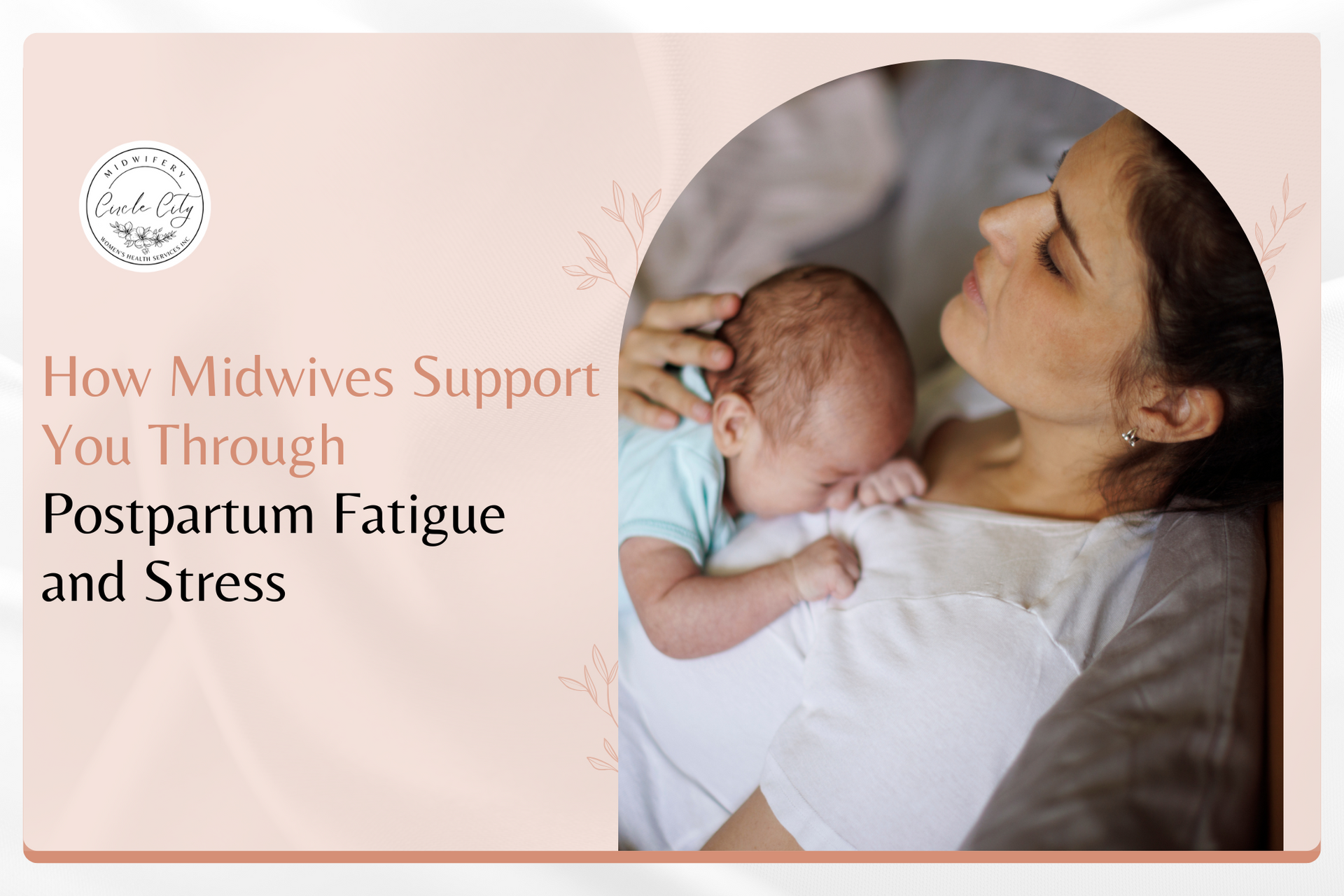Understanding Water Birth
Water birth is exactly what it sounds like—giving birth in a pool of warm water. The practice was pioneered in the 1960s by Russian researcher Igor Tjarkovsky, who used a large aquarium to facilitate water births in his home in Moscow. This inspired the first water births in the West.
In a water birth, you can expect at least a portion of your labor and delivery to take place in the birthing pool. This childbirth method can occur in a hospital, birthing center, or at home, with the assistance of a doctor or midwife.
During this process, the baby moves from the amniotic fluid in the womb to the pool before emerging to take their first breath, giving them a gentle introduction to life outside the womb.
Benefits of Water Birth
Water births gained popularity from their potential benefits, which involve physical, emotional, and practical aspects for both the birthing person and the baby.
Many swear on the
advantages of water birth in easing childbirth distresses, including the following:
1. Pain Relief and Comfort
The buoyancy of water can alleviate the pressure and discomfort of labor, offering a natural form of pain relief. The warm water relaxes the muscles, reduces stress, and helps create a sense of tranquility.
2. Reduced Need for Interventions
Water birth can lower the need for pain medication and interventions such as epidurals, as the water itself provides significant relief and support.
3. Mobility and Ease of Movement
Immersion in water can enable you to move more freely and find comfortable positions. This can aid in the progression of labor and make the experience more manageable.
4. Gentler Transition for the Baby
Babies born in water experience a gentler transition from the womb to the outside world. The warm water environment mimics the amniotic fluid that swaddled them in the uterus, potentially reducing the shock of birth.
The Role of a Midwife
One of the hallmarks of midwifery care is its emphasis on building strong, trusting relationships between midwives and their clients. Midwives bring a unique blend of medical knowledge and nurturing care to every birthing experience they facilitate.
Services you can expect from a
midwifery birth center include:
1. Prenatal Care
Midwives deliver personalized care, emphasizing education, support, and monitoring of the birthing person’s health and the baby's development. This includes regular check-ups, screening tests, and guidance on nutrition and exercise.
2. Labor and Birth Support
During labor, midwives offer continuous emotional and physical support. They employ non-interventionist techniques, such as breathing exercises and position changes, to manage pain and promote progress.
3. Birth Advocacy
Midwives advocate for the birthing person’s preferences and choices during childbirth, ensuring informed decision-making and respect for the individual’s autonomy.
4. Postpartum Care
Following childbirth, midwives also provide breastfeeding assistance, monitor recovery, and address any concerns or complications that may arise during the postpartum period.
Read:
5 Reasons to Consider Choosing a Midwife For Your Delivery
Combining Midwifery and Water Birth
Midwives are essential in supporting water births, offering a blend of medical expertise, emotional support, and personalized care.
Let’s explore midwives’ role in water births:
1. Prenatal Education and Preparation
Midwives will educate you on the benefits, risks, and logistics of water birth. They also conduct practice sessions to familiarize you with the birthing pool, positioning, and breathing techniques.
2. Creating a Safe Environment
Midwifery birth center personnel ensure the birthing pool is clean and at the appropriate temperature. They will monitor your vital signs during labor and delivery.
3. Emotional and Physical Support
Emotional support during water births is essential for a positive birthing experience. Midwives offer support, remaining vigilant to respond swiftly to any rare complications.
4. Facilitating a Gentle Birth
During birth, midwives guide the birthing person in safely bringing the baby to the surface, ensuring a gentle transition from womb to water.
Factors to Consider
While advantageous, water birth requires careful consideration and
, similar to any medical procedure. Consult a women’s health center to determine suitability.
Here are key factors to consider:
1. Health and Pregnancy Status
Water birth is suitable for low-risk pregnancies without complications like preeclampsia, diabetes, or infections. Rare complications such as umbilical cord issues should also be considered.
2. Preferred Location
Decide between home,
birthing center, or hospital:
- Home Birth: Comfortable and familiar but requires thorough preparation and emergency planning
- Birthing Center: Offers a home-like setting with access to medical facilities if needed
- Hospital: Provides immediate medical interventions but may be less private
3. Facility and Equipment
Choose a facility with a clean, well-maintained birth pool designed for water birth. Regular monitoring of water quality ensures a safe environment.
4. Education and Preparation
Attend water birth classes for informed decision-making. Learning from others’ experiences can provide reassurance and realistic expectations.
What to Prepare
Preparation is vital to ensure a safe and smooth process if you're considering a water birth.
Here’s a detailed guide on what to prepare:
1. Birthing Pool
If you’re having a home water birth, investing in a good-quality, spacious, and comfortable birthing pool is necessary. You can choose between inflatable and rigid pools. Inflatable pools are portable and easy to set up, while rigid pools are sturdier.
2. Necessary Supplies
Having the right supplies on hand is crucial for a smooth water birth. Here’s a checklist you can use to make sure you gather everything you need:
- Clean Towels: For drying off after leaving the pool
- Plastic Sheeting: To protect floors and furniture from water spills
- Thermometer:
To monitor the water temperature, which should be between 95–100°F or 35–37.8°C
- Water Hose and Pump: For filling and emptying the pool
- Comfort Items: Includes pillows and a birthing ball
- Snacks and Drinks: To keep your energy levels up during labor
3. Support Team
A support team for a water birth can provide physical, emotional, and medical assistance to ensure a safe and positive birthing experience. This typically involves a midwife, doula, partner, or a family member.
4. Your Birth Plan
Clearly communicate your birth plan with your support team. Include your preferences for labor, delivery, and any interventions you are comfortable with or want to avoid. While preparation is crucial, it's equally important to stay flexible if complications arise.
Empowering Water Birth with Circle City Midwifery
A water birth can offer a unique and tranquil birthing experience, but it requires careful planning and preparation. If you want to include it in your birth plan, partnering with a
certified nurse-midwife can make all the difference.
Take the first step by typing in the search query “birthing center near me” online. At Corona, California, you’ll see that
Circle City Midwifery offers a comfortable, fully equipped
birthing center to ensure you get the best possible care during this crucial time.
Call us at 951-547-4208 or fill out our
online form to schedule a consultation.















